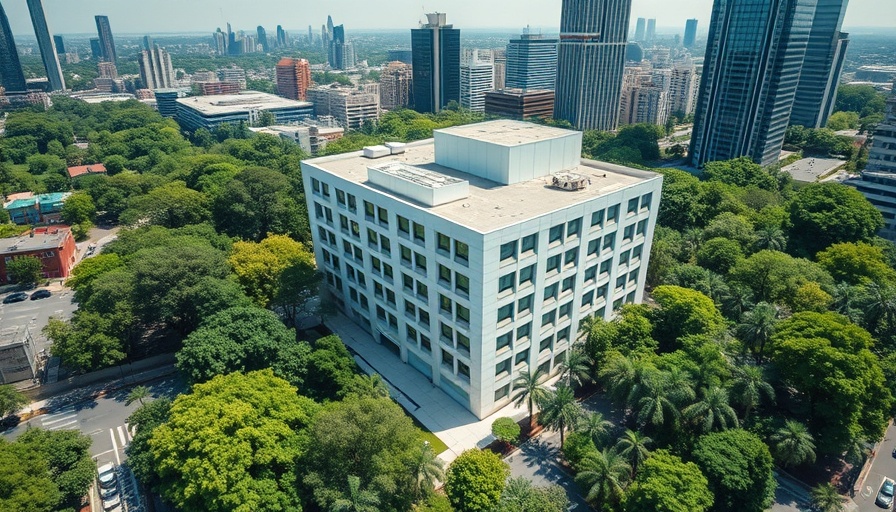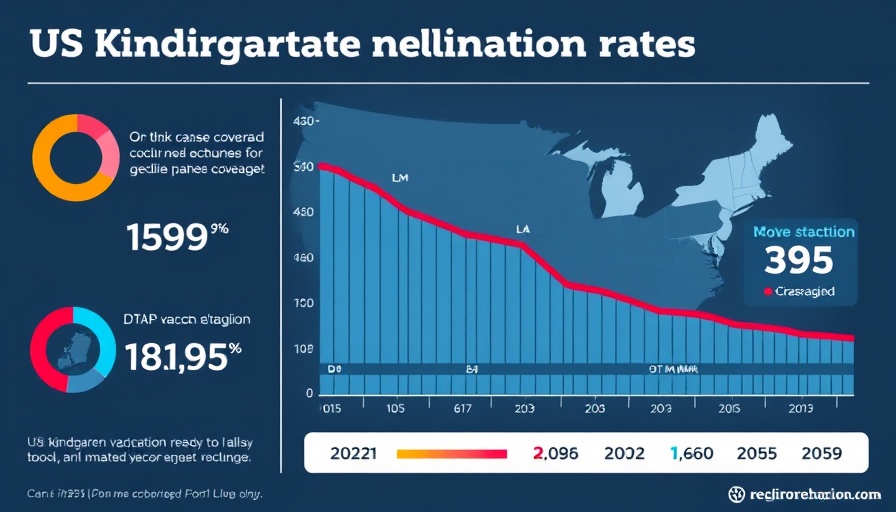
A Groundbreaking Milestone in Pediatric Neurosurgery
In a remarkable advancement for healthcare in Southeast Asia, Vinmec Central Park International Hospital in Ho Chi Minh City made history by performing the first robotic-guided brain surgery on a pediatric patient suffering from drug-resistant epilepsy. This milestone, achieved on June 17, 2025, not only highlights the capabilities of Vietnamese medical professionals but also signifies a leap forward in robotic surgical technologies within the region.
Contextualizing the Medical Breakthrough
Epilepsy, a neurological disorder characterized by recurrent seizures, affects millions globally. According to the World Health Organization (WHO), approximately 30% of these patients are classified as drug-resistant, making surgery often the most viable option. For children like nine-year-old B.Q.K., who had endured daily seizures since 2021, finding a definitive treatment had been a challenging journey for years. With multiple unsuccessful therapies behind him, this innovative surgical procedure provided a beacon of hope.
How Robotic Guidance Enhances Precision in Surgery
The innovative approach utilized during the surgery involved stereo-electroencephalography (SEEG), guided by the AutoGuide™ robotic system. This cutting-edge technology allowed surgeons to implement electrodes with unparalleled accuracy into critical areas of the brain, specifically the orbitofrontal cortex and inferior frontal gyrus—regions known for their complexity and high risk. The precision offered by robotic systems not only minimizes invasiveness but also paves the way for quicker recovery times, addressing previous limitations faced in pediatric epilepsy surgery.
Real-world Impact: A Child's Journey to Normalcy
Post-surgery, B.Q.K. exhibited no neurological deficits and experienced an incredible reduction in seizure frequency by over 95%. This outcome emphasizes the importance of embracing advanced technology in medical practices, showcasing the potential benefits for pediatric patients and their families. Dr. Truong Van Tri, who led the surgical team, expressed satisfaction with the procedure’s success, recognizing it as a critical milestone for young patients who are often sensitive to major surgeries.
Adopting Robotic Surgery: The Future of Healthcare
As the global medical robotics market is projected to surge from $27.7 billion in 2023 to an anticipated $127 billion by 2033, the success story in Vietnam reflects a broader trend in medical innovation. The adoption of robotic surgery not only enhances the quality of care patients receive but also positions hospitals like Vinmec Central Park among the elite centers of excellence in Asia. This could be particularly appealing for concierge medical practices, eager to adopt cutting-edge technology to differentiate themselves from competitors.
Empowering Concierge Medical Practices
The advances in robotic surgical techniques present a unique opportunity for concierge medicine, where personalized and comprehensive patient care is paramount. By integrating these high-tech solutions, practices can enhance patient outcomes and reinforce their position as leaders in healthcare innovation. The key takeaway here is not just about performing advanced procedures but about fostering relationships with patients through trust and transparency in their treatment options.
Conclusion: The Way Forward in Patient Care
The positive outcomes observed in the first robotic brain surgery for pediatric epilepsy patients in Vietnam represent a watershed moment for neurosurgery and signify the future of healthcare augmentation through technology. As concierge medical practice owners, embracing these innovations can not only enhance patient care and satisfaction but also elevate your practice's reputation to the forefront of modern medical services.
To unlock growth and solidify your standing as a top-tier concierge practice, consider exploring how investment in technology—like robotic surgery—can transform your patient care model and ultimately lead to exceptional health outcomes. For further insights on implementing technological advancements in your practice, stay connected with ongoing trends and medical innovations.
 Add Row
Add Row  Add
Add 




Write A Comment